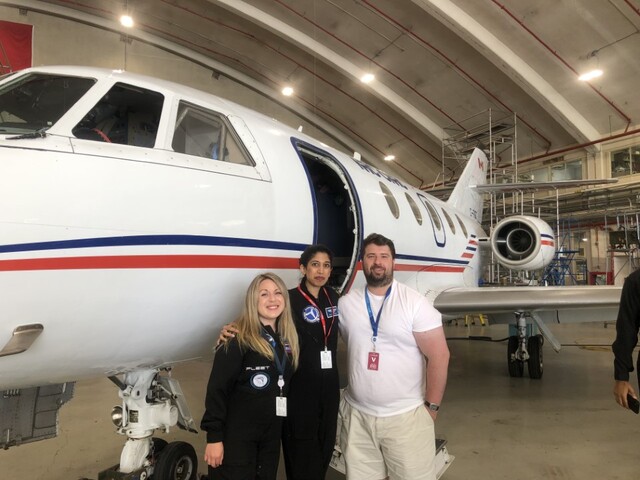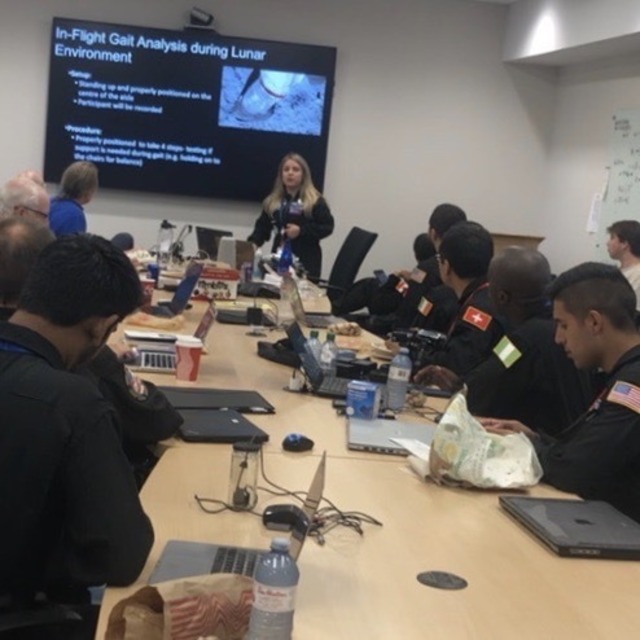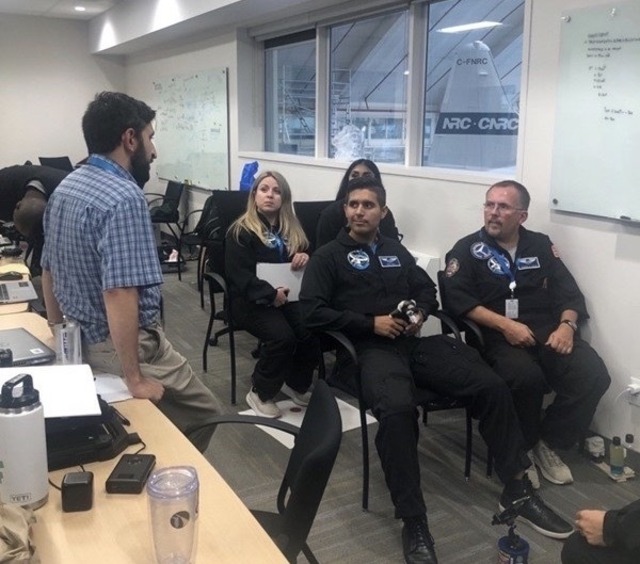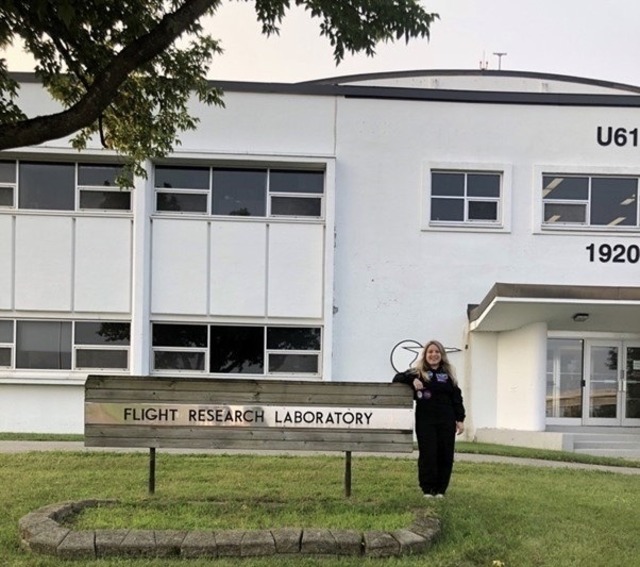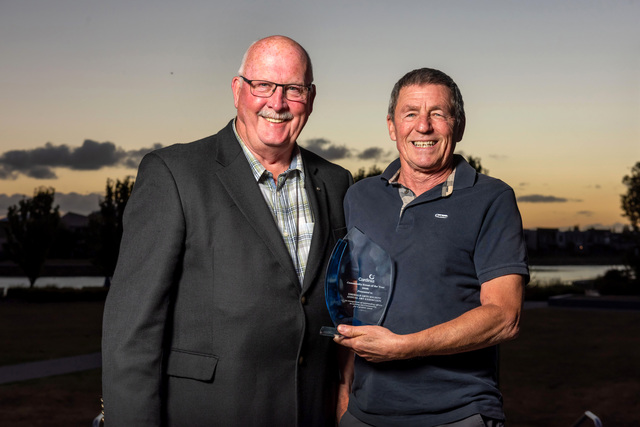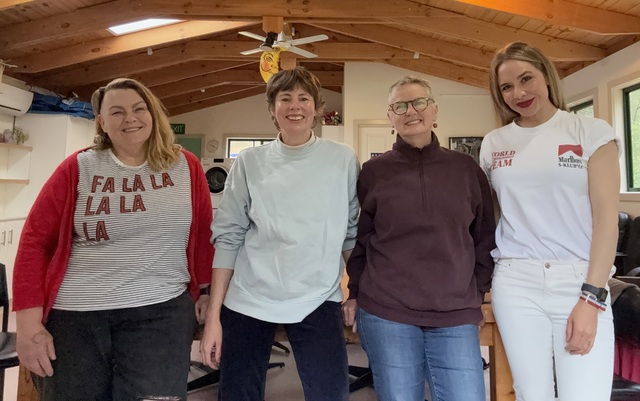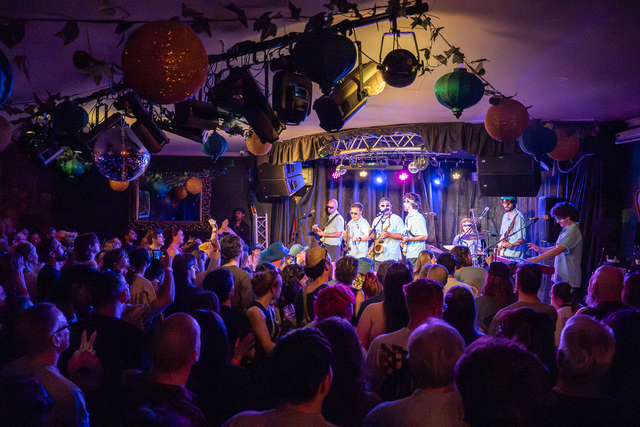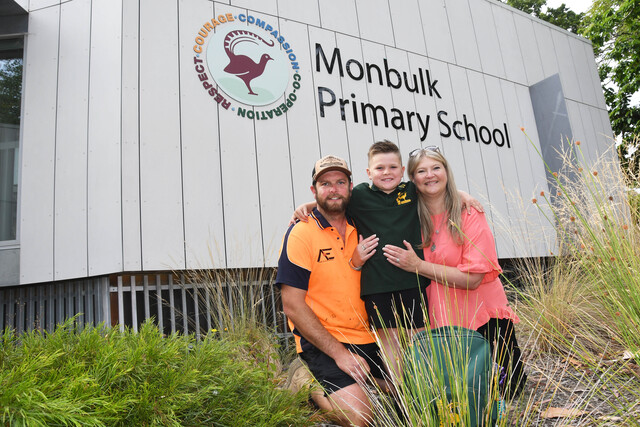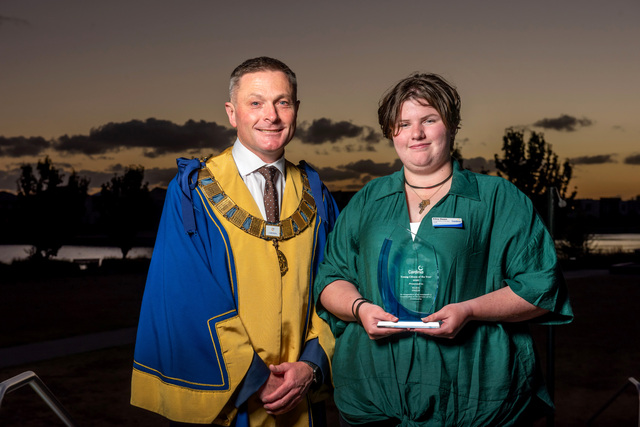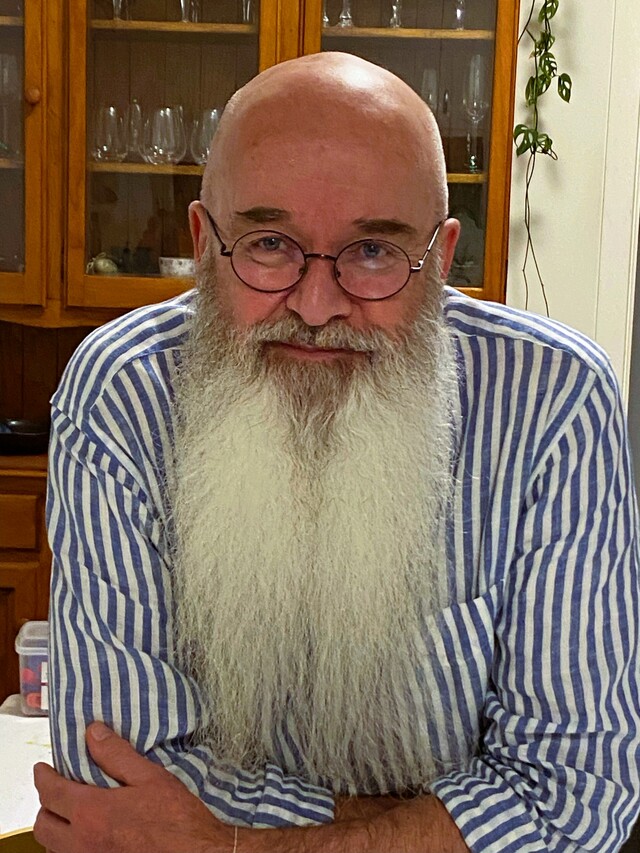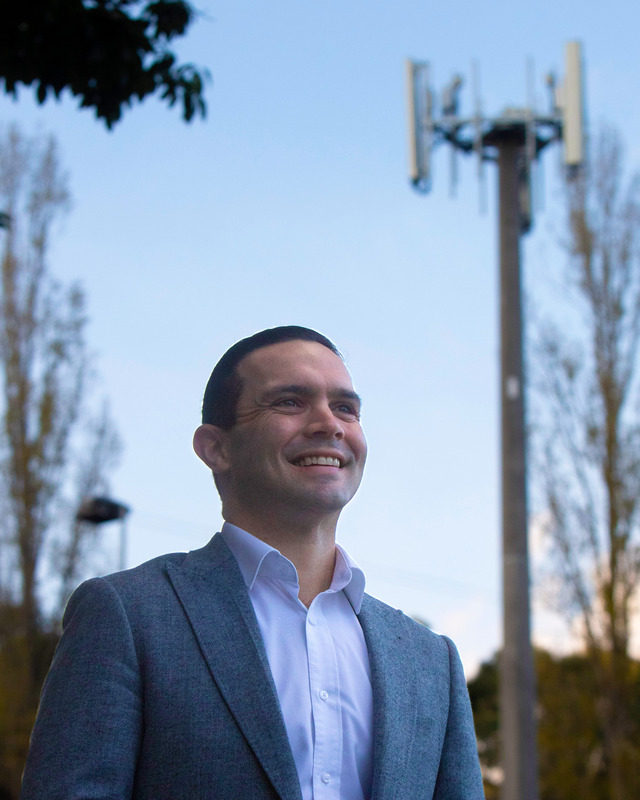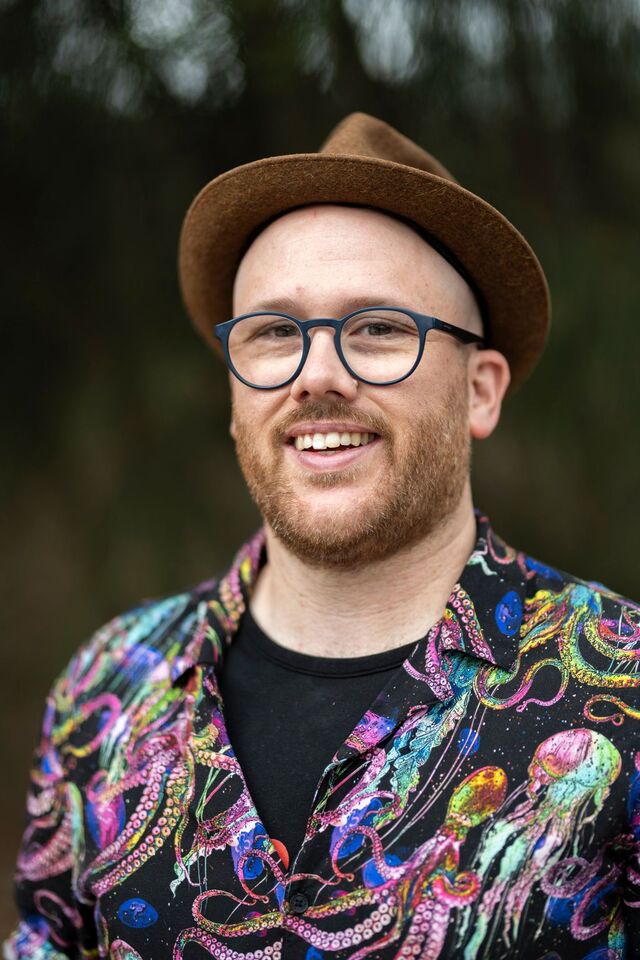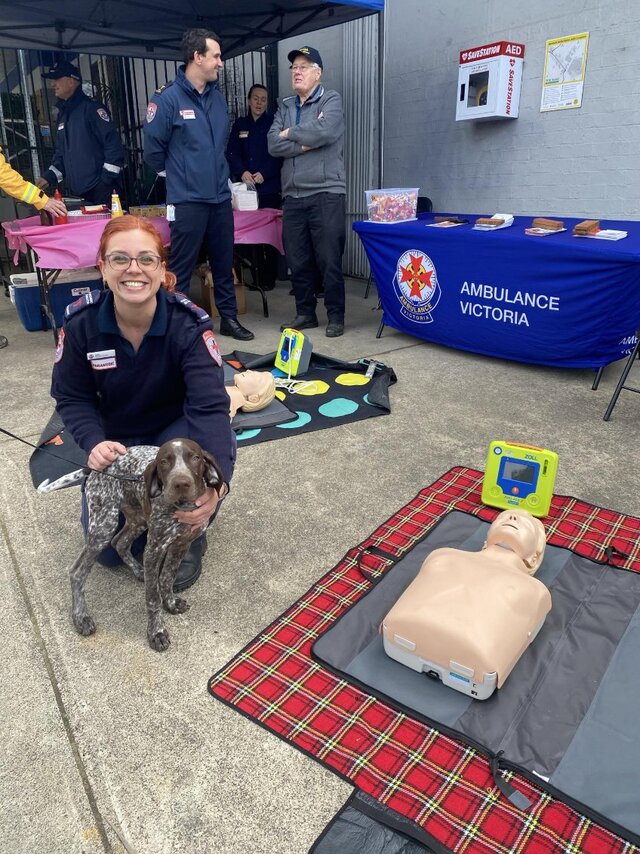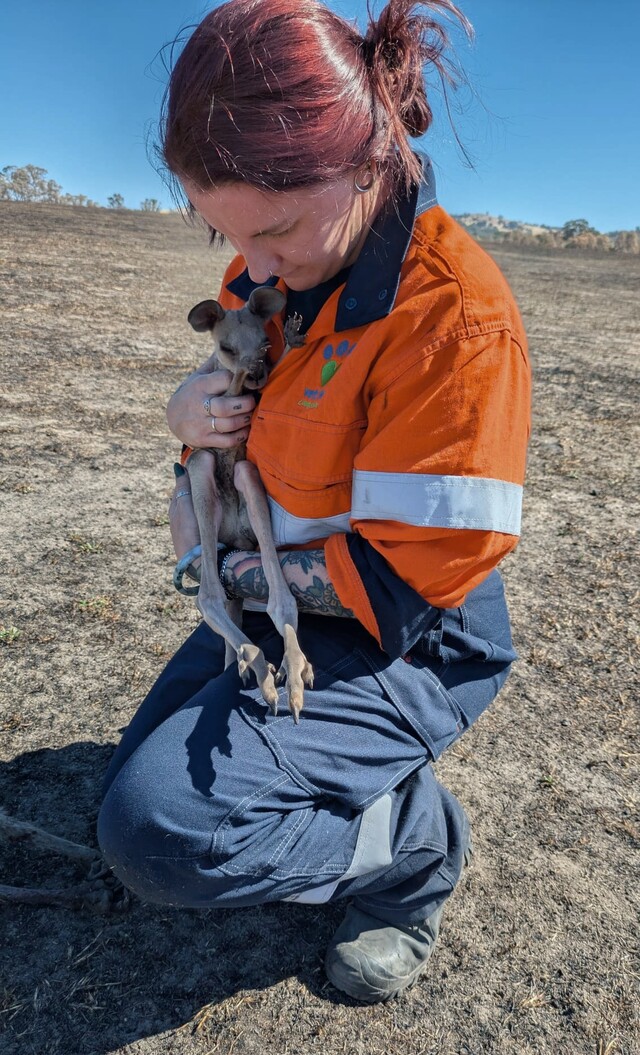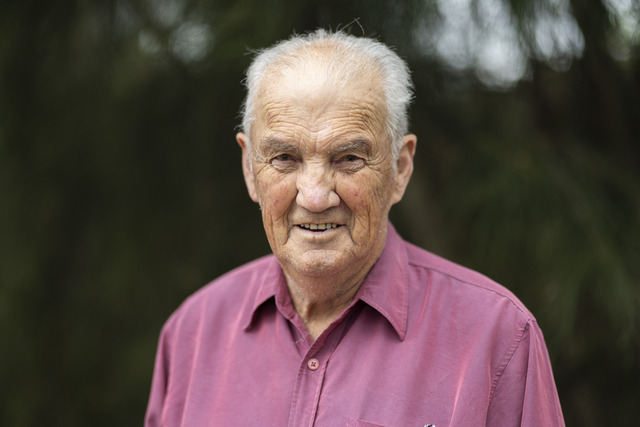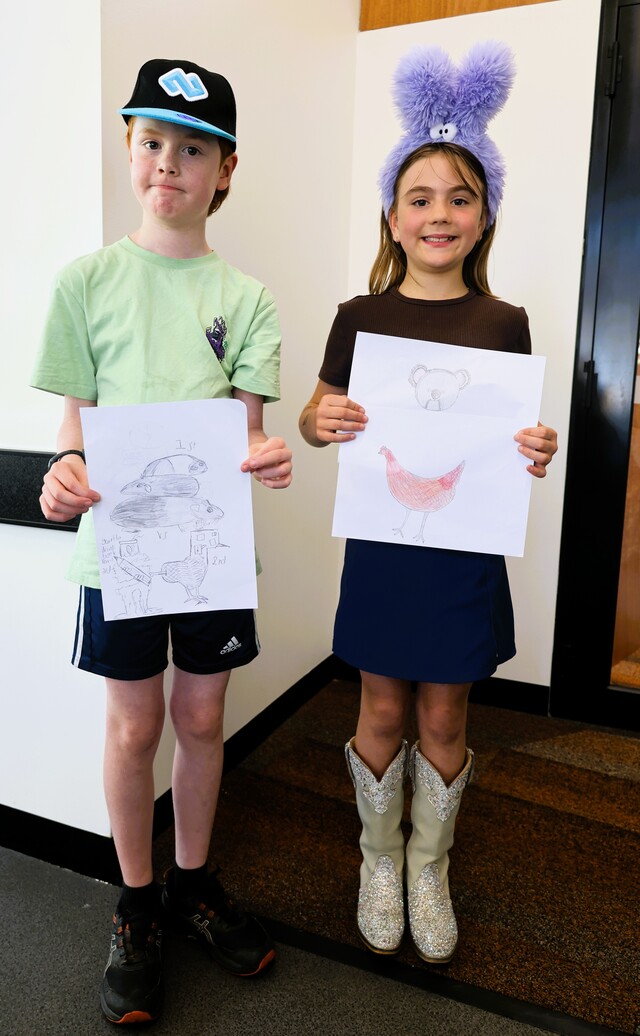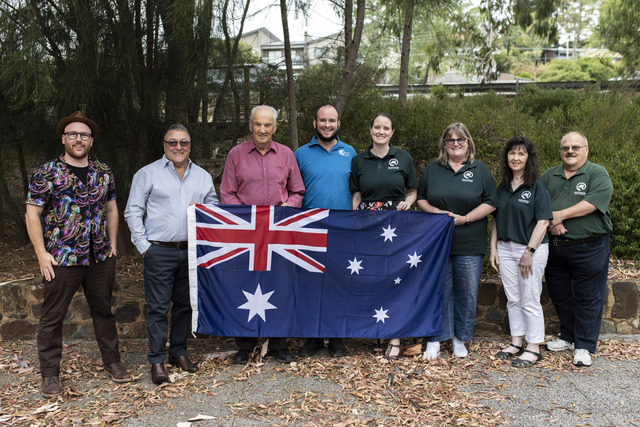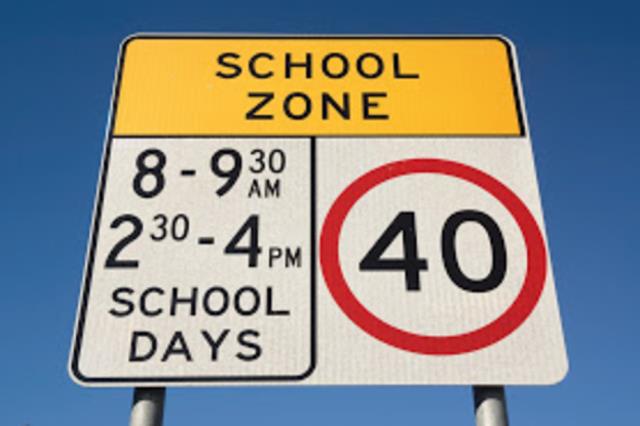Boronia’s aspiring astronaut, Celene Meraz Benavente, has returned from an extraordinary week in Ottawa Canada, where she engaged in cutting-edge research and training in parabolic flight with the International Institute of Astronautical Sciences.
She said the experience offered her invaluable hands-on exposure to microgravity, greatly enhancing her understanding of spaceflight dynamics and one of the highlights was getting to experience moonwalking, which provided a unique and exciting insight into how reduced gravity affects movement.
“It was an incredible experience, during the campaign, I conducted three different experiments, including a ground-breaking one where we tested for balance deficits before and after parabolic flight, this research was crucial because if there are imbalances resulting from acute exposures to a microgravity environment, it can impact our overall stability. On earth, we rely on a complex system of balance that allows us to walk without falling and react effectively and our goal was to understand how the brain processes these balance patterns and changes in the absence of gravity, and how our body responds to such conditions,” she said.
“The results from these experiments will hopefully open up new opportunities to use this Earth-based analogue environment for developing countermeasures, if we identify balance deficits after acute exposure to microgravity, we can begin to explore interventions to improve balance and mitigate these effects.”
“This research not only prepares us for future space missions but also has the potential to benefit people on Earth who struggle with balance disorders, such as vertigo – it’s truly exciting to think about how the insights we gain could lead to new solutions and improvements for managing these conditions.”
“One of the experiments I worked on was the lower extremity motor coordination, we examined how the brain processes signals from the muscles and assessed coordination, speed, and accuracy in the absence of gravity and by removing gravity, we saw these functions in their natural state, providing insights into how movement patterns are affected.”
“The final experiment was truly incredible—I had the opportunity to perform a gait analysis in a simulated lunar environment for 20 seconds, where I experienced moonwalking and it was an amazing highlight, we studied how our walking patterns change under reduced gravity, which mimics lunar conditions, this hands-on experience was fascinating and offered valuable insights into how gravity influences our gait.”
Ms Meraz Benavente said that her usual walking pattern on Earth didn’t quite translate well to the lunar gravity simulation.
The reduced gravity caused her to apply too much force, resulting in a bouncing effect as she moved and then came back down.
The aspiring astronaut said the experience as absolutely amazing and highlighted two standout moments.
The first was the sheer thrill of her initial exposure to microgravity during the parabolic flights, even though her body eventually adapted and felt more natural, that first sensation of weightlessness was indescribable and very impactful.
And the other highlight which she found to be just as exciting as the microgravity itself was the experience of moonwalking.
The challenges essentially revolved around the preparation required before conducting the experiments, she said.
There was a steep learning curve regarding the operational logistics of working in such a novel environment, since it was their first time in this setting, understanding and managing these logistics was a significant part of the process.
“Doing experiments in microgravity, which requires specialised conditions like parabolic flights, brought its own set of unique challenge and preparing experiments for this environment was quite complex and required extensive learning and adaptation,” she said.
Ms Meraz Benavente said the trip truly strengthened her perceptions.
“I need to continue to do this hard work. I need to continue moving forward, and this experience just continues to strengthen what I already believe in myself,” she said.
When asked about the importance of believing in yourself, she emphasised that self-belief is crucial, particularly in challenging fields like space exploration.
“I feel very honoured to get asked that question, because for me, it says that I’m in the right path, I’m doing the right things,” Ms Meraz Benavente said.

